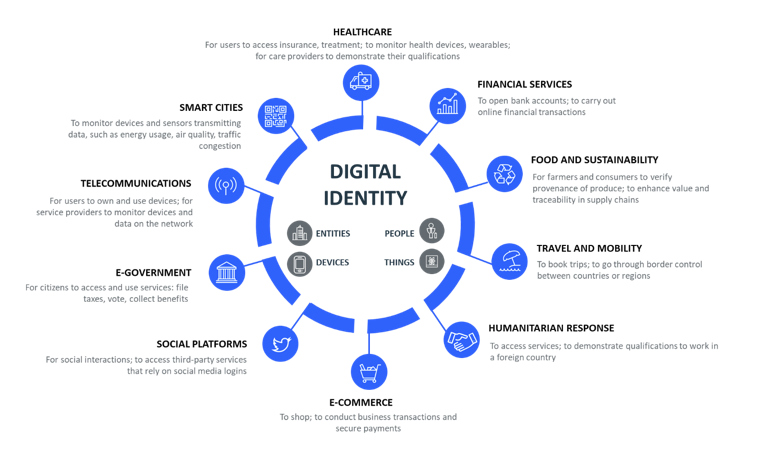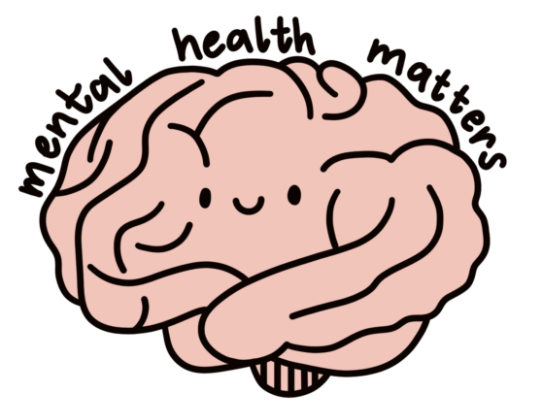Hi, folx!
I am coming to you on a cold and rainy day in northern Manitoba (even though it is almost June :/ ), and I want to discuss a little bit about digital identities and personal learning networks (PLNs). Let’s jump right in!
As described by Eric Stroller in “What is Digital Identity?” your digital identity can be made up of your presence online. Your online presence can be described as what you post and share, who you engage with, how you treat other people, and how you use digital tools for everyone’s benefit. Essentially, your digital identity is your body of work and is always with you. Our digital identities are our bodies of work and which are tied to us; this can serve us well or exceptionally poorly. For example, our digital identities can help spread the word about a business or a product to help create traffic and activity on your business website—which is a positive effect. On the other hand, if we use our social media and digital identities to post and share controversial things or treat people poorly on our social networks, this reflects poorly on us and could perhaps even prevent us from getting our dream job. For these reasons and the effects that our digital identities can have on our lives, we all must remain and continue to be digitally aware critical thinkers.

It is essential to recognize that we can curate our digital identity based on how we want it to look, thus presenting an overall effect on our social media use. Over the last few years, many users on social media platforms, such as TikTok and Instagram, have used these applications in a professional matter to spread the word about their business. Having public social media accounts allows more people to see your products and your business who otherwise would not. Public accounts may also provide the opportunity to expand personal learning networks (Rajagopal et al., 2011). Conversely, people may use social media and build a digital identity in a personal matter. For example, many use Instagram and SnapChat to stay connected to friends and family members and to keep up-to-date with what is going on in their lives.
Further, I feel it is important to consider public and private social media accounts. In a sense, personal social media accounts are safer if you post and share more private content that you only want to share with your friends and family. On the other hand, public social media accounts with a perhaps more professional approach to social media, as I mentioned earlier, allow more people to come across your profile, which could help publicize yourself and your business if that is what you want to do.
It is crucial to consider the effects social media can have on our lives. No references are needed to say that ever since the creation of social media, these online platforms provide a private and non-confrontational space for people to spread hatred and negative attitudes. There can be detrimental effects on the people who are on the receiving end of these negative comments and hate. Further, spreading hatred and negative comments and attitudes could potentially reflect poorly on you if you are being screened for a job by an employer. Employers want someone kind who is a proactive and empathetic citizen. If an employer sees that you are treating people poorly online, they may see that as potentially treating another employee poorly if you are hired for that job. Therefore, you could lose out on a job opportunity because of your social media use and your digital identity and reputation. Through social media, people’s words are easily amplified and can be widespread. Many have lost their jobs or have taken hits to their reputations because they post and share discriminatory language. Further, some companies with employees who share derogatory language have suffered economic losses.

As I said above, and I feel it is important to reiterate this point, digital identities can have detrimental effects on our lives; we all must remain and continue to be digitally aware critical thinkers.
References
Rajagopal, K., Joosten-ten Brinke, D., Van Bruggen, J., & Sloep, P. B. (2011). Understanding personal learning networks: Their structure, content and the networking skills needed to optimally use them. First Monday, 17(1). https://doi.org/10.5210/fm.v17i1.3559
fatehbir
Love this blog! Especially the part about being digitally aware critical thinkers!
isabella
I couldn’t agree more with the points you made. What a person says on the internet represents the image of that person. Inappropriate and passive statements can really give others negative thoughts about the speaker.
chelsey
Hey! This was a great read. I especially love how you were able to incorporate your personality into this post. I can’t wait to see more from you 🙂
Sarah
“No references are needed to say that ever since the creation of social media, these online platforms provide a private and non-confrontational space for people to spread hatred and negative attitudes” very impactful and very true! Thank you for providing this insight—something that definitely does not need a reference. Said very succinctly but well.